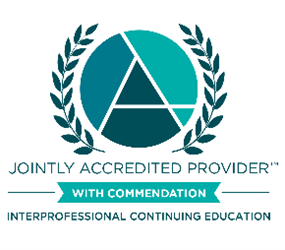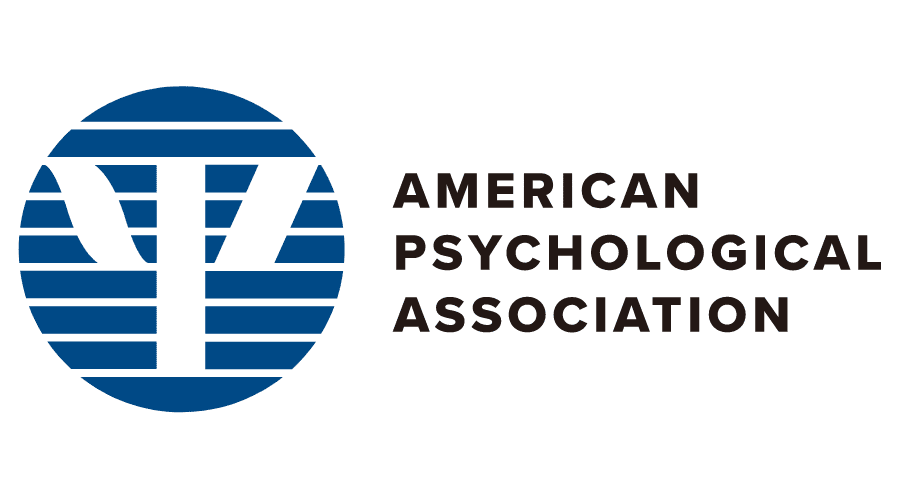
Clinical Approach to Patients at Risk for Chronic Traumatic Encephalopathy (CTE) - February 21, 2024
To claim credit you must have attended the February 21 program.
CTE can only be definitively diagnosed through postmortem examination. Nonetheless, living patients need assistance and the symptoms of suspected CTE can be managed in a clinical setting. Join this webinar with Jesse Mez, MD and Michael Alosco, PhD of the Boston University Memory and Aging Clinical discuss the interdisciplinary clinical approach to patients at risk for CTE.
Target Audience
Primary Care Physicians, Family Practice Physicians, Neurologists, Behavioral Neurologists, Psychiatrists, Neuropsychologists, Psychologists, Nurse Practitioners, Nurses, Physician Assistants. Allied health professionals welcome.
Learning Objectives
At the end of this activity, the learner or the healthcare team should be able to:
- Discuss the latest CTE diagnostic updates
- Describe each item in the 2021 NINDS TES Criteria for non-diagnostic considerations and screenings
- Outline 4 limitations of cognitive screening and 4 best uses of brief screening measures
- Evaluate MRI, TAU PET, CSF fluid, blood test biomarkers
- Translate clinical assessments into clinical diagnosis and therapeutic work-ups
Jesse Mez, MD, MS
Associate Professor of Neurology
Associate Director, BU Alzheimer’s Disease Research Center
BU Chronic Traumatic Encephalopathy Center Investigator
Framingham Heart Study Investigator
CCE Program Manager: Naomi Moeller
 In support of improving patient care, this activity has been planned and implemented by Boston University Chobanian & Avedisian School of Medicine and the Concussion Legacy Foundation. Boston University Chobanian & Avedisian School of Medicine is jointly accredited by the Accreditation Council for Continuing Medical Education (ACCME), the Accreditation Council for Pharmacy Education (ACPE), and the American Nurses Credentialing Center (ANCC), to provide continuing education for the healthcare team.
In support of improving patient care, this activity has been planned and implemented by Boston University Chobanian & Avedisian School of Medicine and the Concussion Legacy Foundation. Boston University Chobanian & Avedisian School of Medicine is jointly accredited by the Accreditation Council for Continuing Medical Education (ACCME), the Accreditation Council for Pharmacy Education (ACPE), and the American Nurses Credentialing Center (ANCC), to provide continuing education for the healthcare team.
Physicians
Boston University Chobanian & Avedisian School of Medicine designates this live activity for a maximum of 1.0 AMA PRA Category 1 Credit™. Physicians should claim only the credit commensurate with the extent of their participation in the activity.
Psychology
 Continuing Education (CE) credits for psychologists are provided through the co-sponsorship of the American Psychological Association (APA) Office of Continuing Education in Psychology (CEP). The APA CEP Office maintains responsibility for the content of the programs.
Continuing Education (CE) credits for psychologists are provided through the co-sponsorship of the American Psychological Association (APA) Office of Continuing Education in Psychology (CEP). The APA CEP Office maintains responsibility for the content of the programs.
Credits - 1.0
Available Credit
- 1.00 AMA PRA Category 1 Credit™
Boston University Chobanian & Avedisian School of Medicine designates this Enduring activity for a maximum of 1.00 AMA PRA Category 1 Credit™. Physicians should claim only the credit commensurate with the extent of their participation in the activity.
- 1.00 APAContinuing Education (CE) credits for psychologists are provided through the co-sponsorship of the American Psychological Association (APA) Office of Continuing Education in Psychology (CEP). The APA CEP Office maintains responsibility for the content of the programs.
- 1.00 Participation

 Facebook
Facebook X
X LinkedIn
LinkedIn Forward
Forward